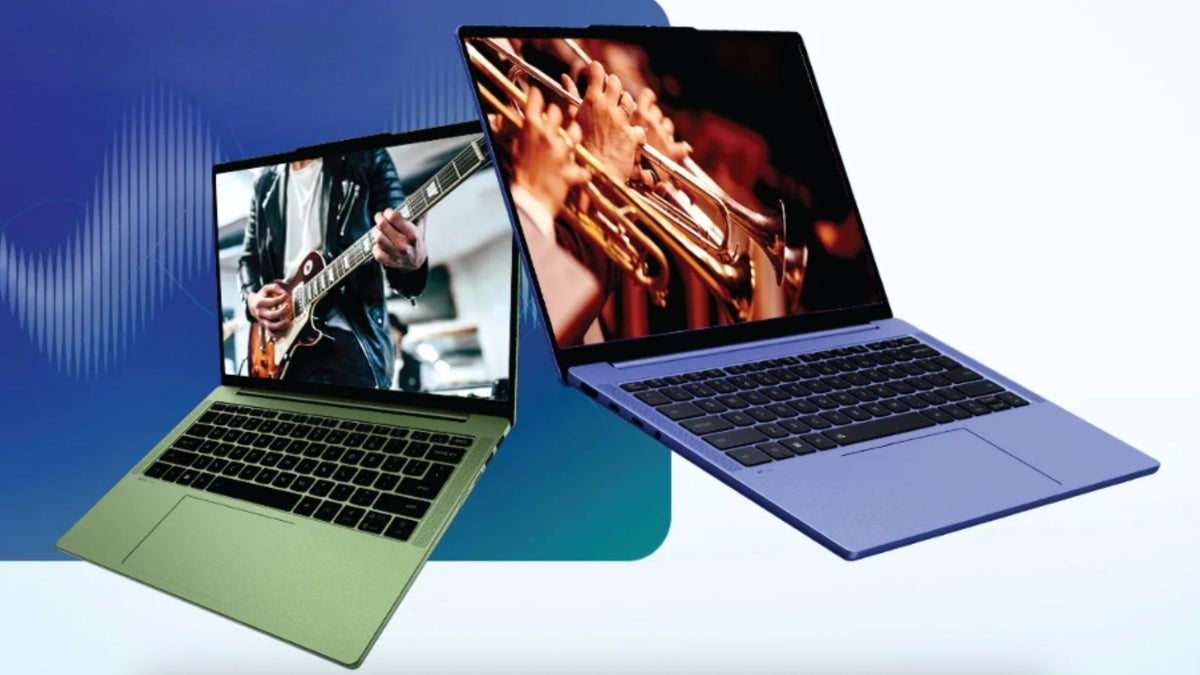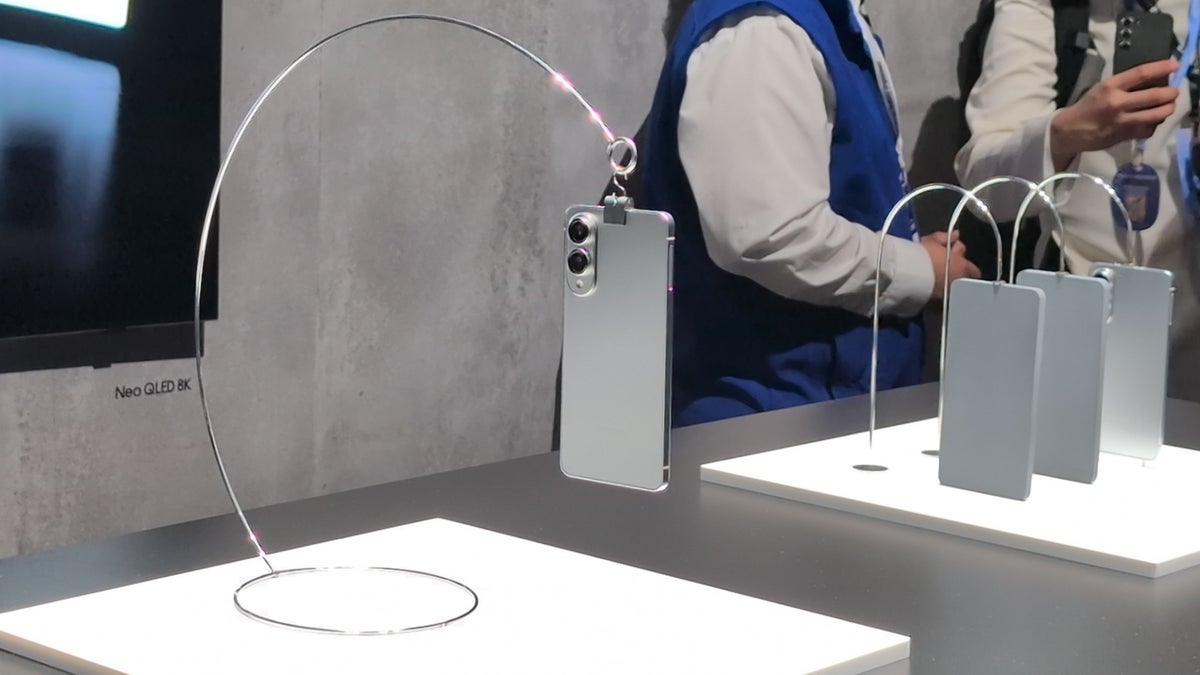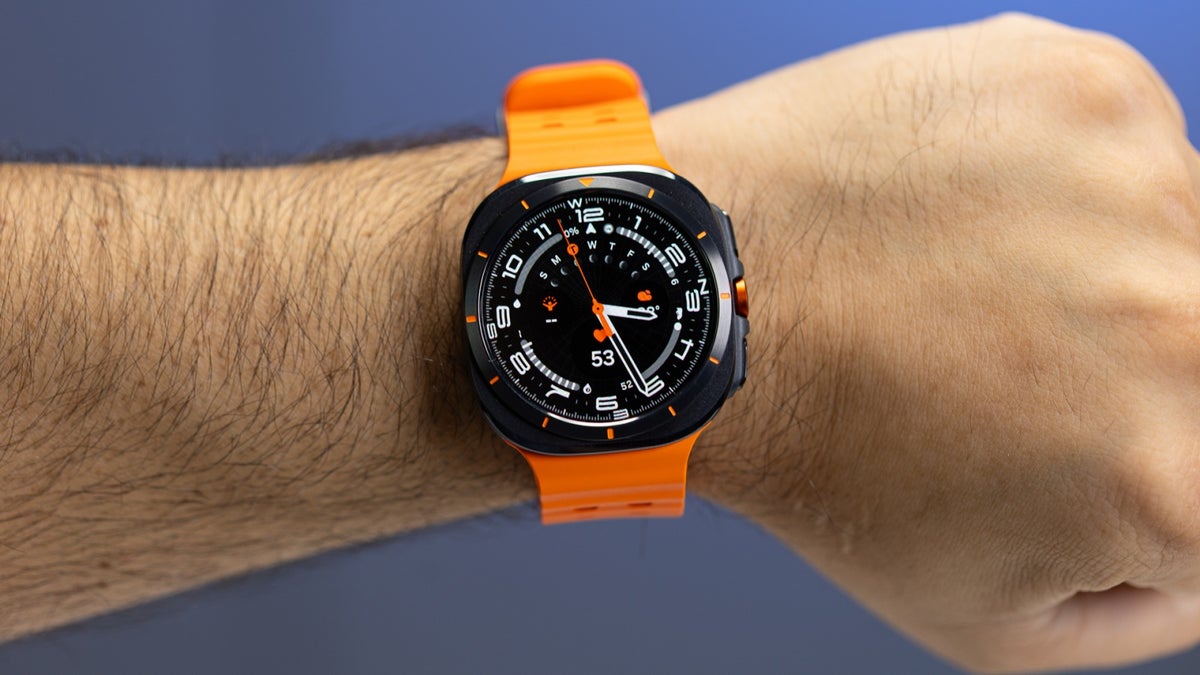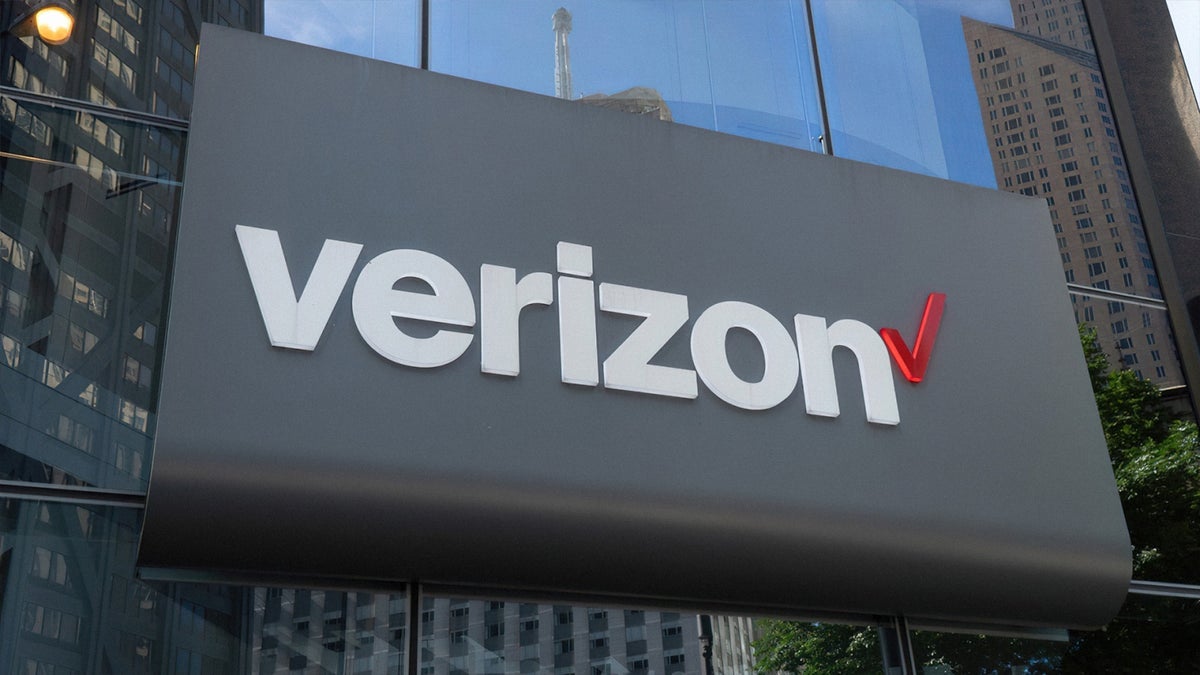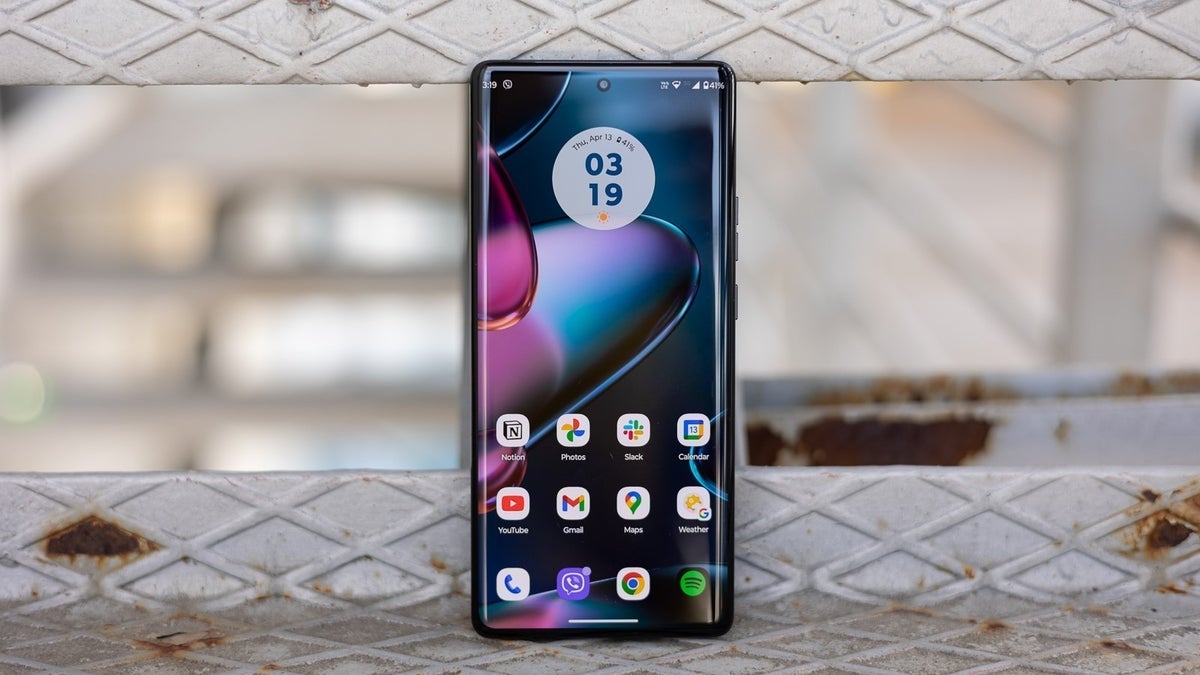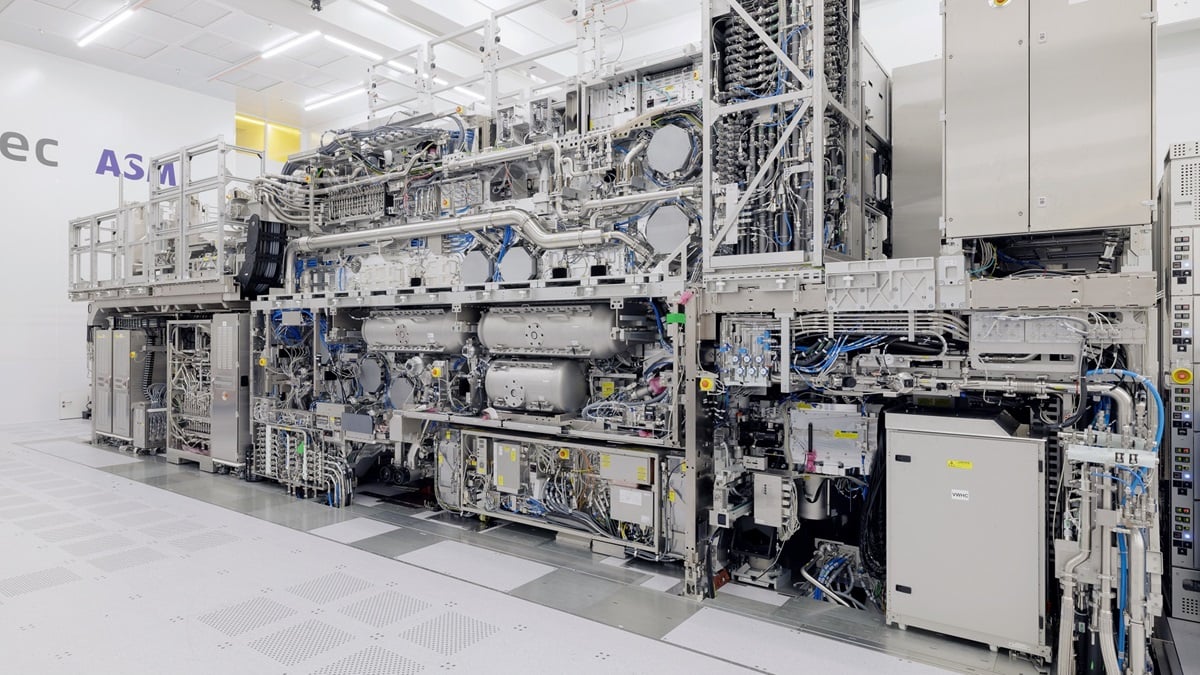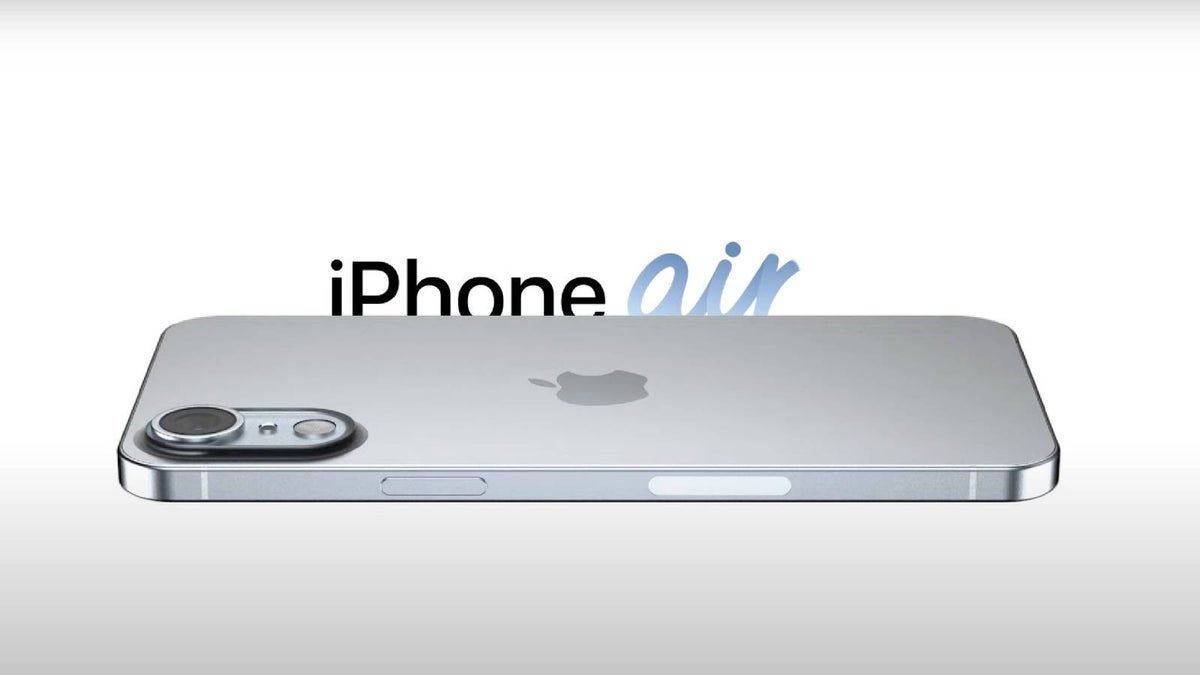
Controlling the temperature inside your smartphone is an important task. Overheating of the phone can force the processor to throttle resulting in sluggish and sluggish performance, and may even force the device to freeze. Heat can also degrade the battery reducing component life. The heat problem starts with the chips and According to a new report, apple will Copying some of its competitors in the smartphone industry by including vapor chamber cooling on iPhone 17 series, both Pro and non-Pro models.
Currently, the iPhone uses a heat sink made of metals with high thermal conductivity to transfer heat away from the processor. A vapor chamber uses a liquid sealed in a container that, when heated, turns into steam that moves through the container, distributing the heat around it. When the vapor condenses, it returns to its cold liquid state.
Using a vapor chamber is better than a heat sink because it can transfer heat away from the processor to areas inside the phone where heat is not an issue. Steam rooms also take up little space and do not require fans or other cooling equipment. The cooling system helps cool down the heat generated by the battery charging process that powers your iPhone.
As I can personally attest with my country iPhone 15 Pro Max Recent iPhone versions have been prone to overheating, especially when the A17 Pro application processor is working on a complex task. The steam room helps keep temperatures low around the processor, which is important for some Apple Intelligence features are used. Apple may have decided to include a vapor chamber in all upcoming models from then on Apple intelligence It’s part of all new iPhones, both Pro and non-Pro models.
Last August, Ming-Chi Kuo, a highly trusted Apple analyst at TF International, said so Apple will debut a vapor chamber on the iPhone 17 Pro Max, which makes sense given the phone’s size. Certainly everything Apple has up its sleeve for internal heat dissipation is being tested as well Apple is increasing the clock speed of the CPU cores used with its A-series application processors. The A18 Pro chipset powers The iPhone 16 Pro and Pro Max will run at up to 4.04 GHz.
Apple will provide it iPhone 17 The series, which will include the new ultra-thin iPhone Air, in less than eight months!
Download





